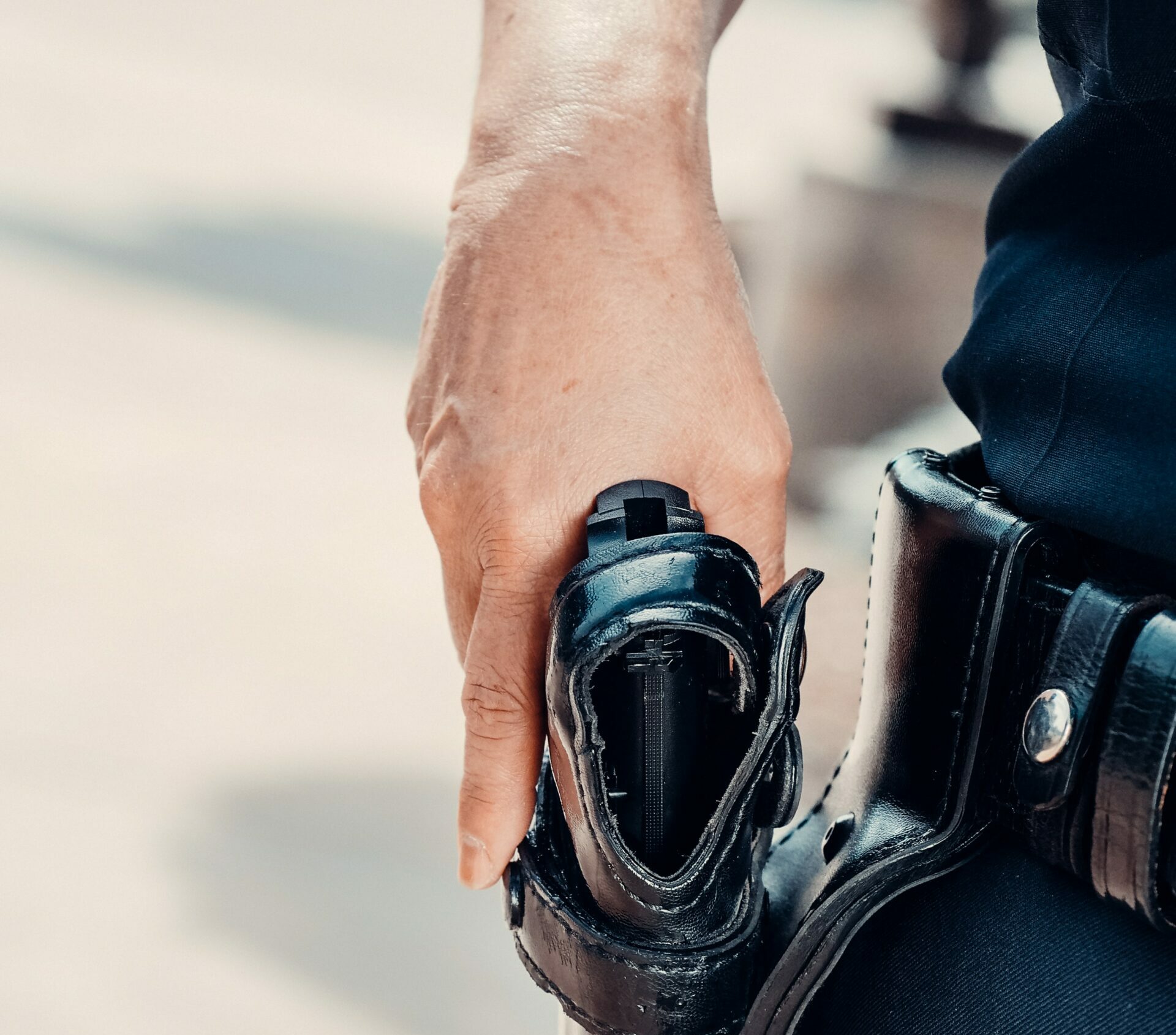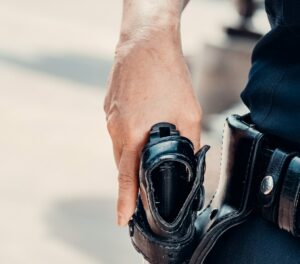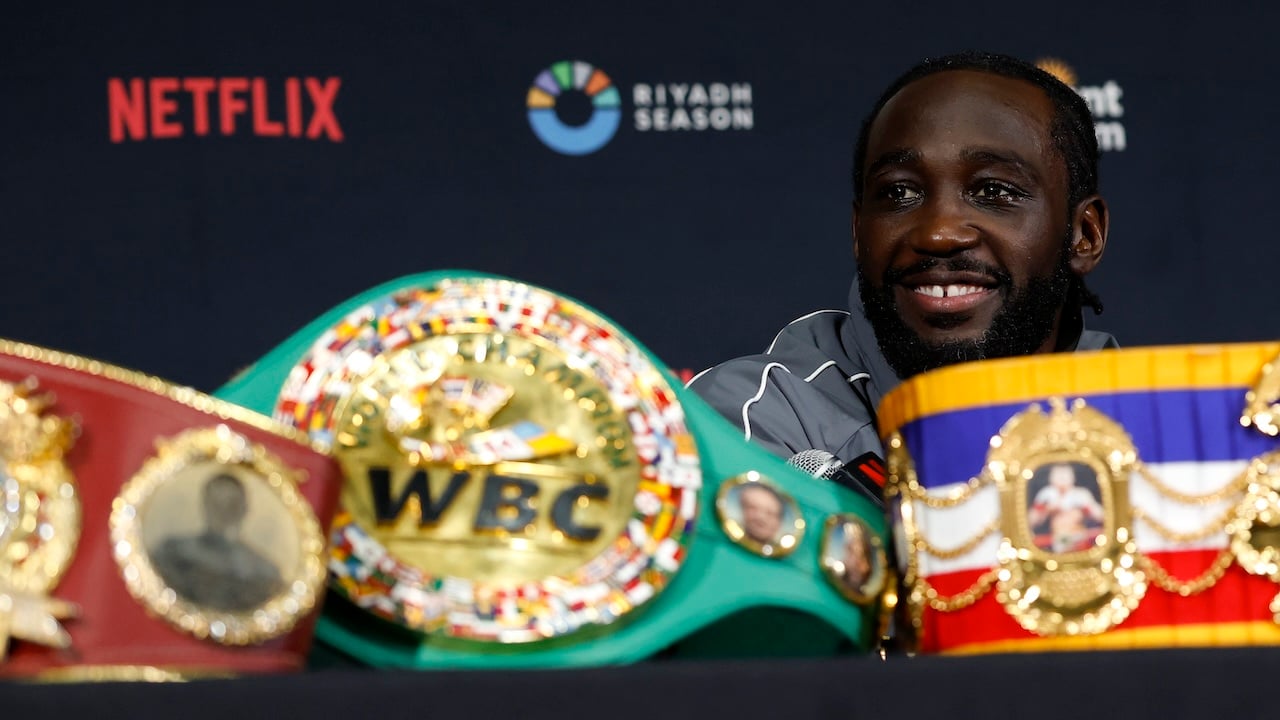
During a traffic stop, a sheriff’s deputy in Georgia allegedly fatally shot a Black man who had spent 16 years behind bars on a wrongful conviction.
According to the Georgia Bureau of Investigation (GBI), who is reviewing the shooting, the victim was identified as Leonard Allen Cure. On Oct. 16, Cure was reportedly pulled over by a Camden County deputy while driving on I-95 close to the Georgia-Florida line. He cooperated with the deputy’s request to get out of the vehicle but then allegedly became violent once told he was arrested. The agency claimed the deputy primarily used a stun gun on Cure when he failed to obey commands and began to assault the deputy.
GBI found the deputy used the stun gun one more time, as well as a baton, to subdue him, but then drew his gun and shot Cure as he continued to resist. It hasn’t been disclosed why the officer pulled the 53-year-old man over.
Cure served time in prison for armed robbery in Florida and was later acquitted. The Innocence Project of Florida, who represented him in his exoneration case, responded to the news of Cure’s death.
“I can only imagine what it’s like to know your son is innocent and watch him be sentenced to life in prison, to be exonerated and … then be told that once he’s been freed, he’s been shot dead,” Executive Director Seth Miller said.
In Georgia, it is standard for law enforcement to ask the GBI to investigate police-involved shootings. Findings will be submitted to the coastal Brunswick Judicial Circuit district attorney, including Camden County.
According to WSB-TV, Cure was convicted of a 2003 drug store armed robbery in Dania Beach. He was found guilty by a second jury after the first one deadlocked. His previous convictions for robbery and other crimes led to a life sentence. After the Broward State Attorney’s Office’s new Conviction Review Unit asked for Cure’s release, he was a free man in April 2020.
The review team said it found “troubling” evidence that Cure had a solid alibi that was disregarded, with no physical evidence or reliable witnesses to put him at the crime scene.
A judge vacated his conviction and sentence in December 2020.
Miller said Cure was living in an Atlanta suburb after receiving $817,000 in compensation for his conviction and imprisonment, including the opportunity to pursue his education, after Gov. Ron DeSantis signed a claims bill in June 2023. During an interview with the South Florida Sun-Sentinel, Cure expressed his excitement about his future after his release. “I’m looking forward to putting this situation behind me and moving on with my life,” Cure said.





